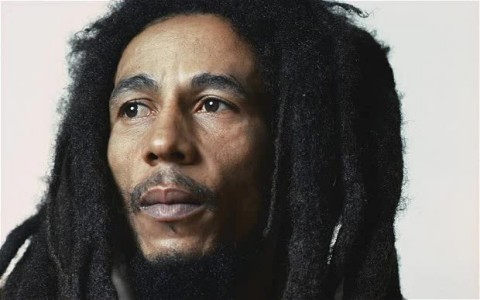Redemption Song is a powerful anthem by Bob Marley, released in 1980 as a message of liberation that continues to resonate today. Through this track, Marley urges listeners to free themselves from mental slavery and take control of their own minds.
The lyrics emphasize that true emancipation begins within the individual, as only a person can truly liberate their own consciousness from external constraints. Marley refers to mental slavery as the chains that restrict personal beliefs and perceptions, often imposed by societal norms or oppressive systems that seek to maintain the status quo.
By taking responsibility for personal freedom, individuals can achieve a level of liberty that external forces cannot grant alone. This call to action highlights the importance of self-reflection and independent thinking, encouraging people to break free from the limitations imposed by institutional expectations.
The power to challenge and change internal thoughts allows individuals to think independently and resist the pressure to conform. When people free their minds, they gain the ability to shape their own destinies and determine a path through life without fear of judgment.
Marley also expresses concern about the persecution of influential figures who speak out against injustice. The song asks how long the world will kill prophets while the public stands aside in silence, reflecting a shared frustration with the violence faced by those who advocate for change. This response suggests that simple observation is not enough, as ignoring the suffering of visionary individuals only stalls the progress of transformation.
The mention of the Book likely refers to ancient religious texts and the recurring historical pattern of silencing those who challenge authority. Marley implies that humanity has a responsibility to fulfill the positive teachings of these revered figures rather than remaining passive observers. People must actively work to realize the equitable world that these visionaries once imagined.
Recognizing the sacrifices made for the sake of justice is a theme that reminds the audience not to stand idly by during times of crisis. Participating in a greater purpose allows humanity to create a more durable future by embodying the principles that these prophets once advocated.
Influenced by his Rastafarian faith, Marley believed that divine guidance and spiritual strength were essential for overcoming the obstacles of life. He felt that his resilience was supported by a force greater than himself, and he viewed his role as an instrument of the divine intended to uplift others.
Despite the heavy themes, Marley expresses optimism for the current generation, believing they can move forward through shared purpose and collective progress. This belief in the potential for change serves to inspire others toward a path of liberation and personal transformation.
The spiritual connection found in the music empowers the generation by focusing on the importance of individual agency and self-empowerment. Ultimately, the pursuit of personal and collective freedom remains a central pillar of the human experience.
Listen to his song by clicking on the title link of this article above.

Old pirates, yes, they rob I
Sold I to the merchant ships
Minutes after they took I
From the bottomless pit
But my hand was made strong
By the hand of the Almighty
We forward in this generation
Triumphantly
Won't you help to sing
These songs of freedom?
'Cause all I ever have
Redemption songs
Emancipate yourselves from mental slavery
None but ourselves can free our minds
Have no fear for atomic energy
'Cause none of them can stop the time
How long shall they kill our prophets
While we stand aside and look?
Ooh, some say it's just a part of it
We've got to fulfill the Book
Won't you help to sing
These songs of freedom?
'Cause all I ever have
Redemption songs
Emancipate yourselves from mental slavery
None but ourselves can free our minds
Have no fear for atomic energy
'Cause none of them can stop the time
How long shall they kill our prophets
While we stand aside and look?
Yes, some say it's just a part of it
We've got to fulfill the Book
Won't you help to sing
These songs of freedom?
'Cause all I ever had
Redemption songs
All I ever had
Redemption songs
These songs of freedom
Songs of freedom
